My Travels in Vietnam and Cambodia Amid the Coronavirus Scare
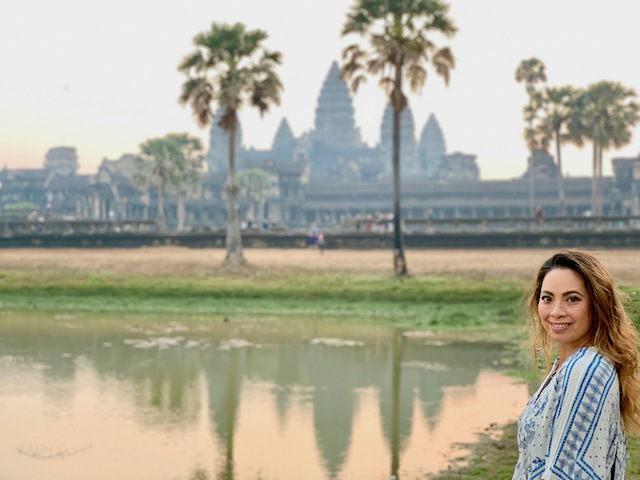
Having just spent 3 weeks in Southeast Asia, enjoying jaw-dropping sights, mouth-watering cuisine, eye-opening historical and cultural lessons, and connecting with intriguing, kind, generous, and delightful people all over Vietnam and Cambodia, I am feeling really torn about the need to be vigilant about public health safety and the incessant focus on the fear of contracting COVID-19 (commonly referred to by the virus that causes it, Coronavirus) and how that’s creating devastating, rippling effects in global economies, encouraging xenophobia, and making people panic worldwide.
Let me be clear, the illnesses and deaths related to COVID-19 are serious and sad, but I’m interested in perspective and thoughtful risk assessment as a traveler. And I simply want to share what I’ve found researching medical information and also my own personal experiences from my recent journey.
While the situation is constantly evolving, according to a recent article from John Hopkins Medicine, here are some facts about this novel virus:
| THE FLU | COVID-19 | |
| Respiratory Illness | X | X |
| Virus that causes illness | Several variations of influenza virus | Coronavirus |
| Symptoms: fever, cough, body aches, fatigues; sometimes vomiting and diarrhea; can be mild to severe, even fatal in rare cases; can result in pneumonia | X | X |
| Transmission: contaminated droplets in the air via an infected person coughing, sneezing, or talking | X | X |
| Transmission: contaminated droplets remaining in the air after infected person is gone | — | X (possibly) |
| Treatment: antibiotics | — | — |
| Treatment: antiviral medications | X | (currently being tested) |
| Treatment: vaccine | X | (currently in progress) |
| Treatment of symptoms such as reducing fever, controlling diarrhea | X | X |
| Treatment: hospitalization and mechanical ventilation in rare cases | X | X |
| Prevention: frequent & thorough hand washing (min. 20 seconds), cough/sneeze into crook of elbow, stay home when sick, limit contact with infected people | X | X |
As of Feb. 28, 2020, the flu is showing much more of an impact on Americans than COVID-19 (source: Centers for Disease Control and Prevention (CDC)).
| THE FLU | COVID-19 | |
| Worldwide infection cases | ~1 billion annually | ~84,119 to date |
| US infection cases | 9.3 million to 45 million annually | ~62 to date |
| Worldwide deaths | ~291,000-646,000 annually | ~2,871 to date |
| US deaths | 12,000 to 61,000 annually | 0 to date |
Given all this, I felt fairly comfortable traveling through Southeast Asia and saw no reason for panic, cancelling my trip, or even wearing a face mask regularly (I did wear it on two separate plane rides and for a photo op on a boat). I made it explicitly clear to my tour members that we would not put them in situations as a group where we were engaging with farm animals or having near contact with meat/seafood markets where the local/state governments had expressed concern.
Additionally, I advised them to take smart, helpful precautions by frequently washing their hands with soap for a minimum of 30 seconds and, if need be, by coughing or sneezing into the crook of their arms Dracula-style instead of into their hands; by trying not to touch commonly used things with their bare hands (elevator buttons, doorknobs, faucet handles); and by not touching their faces, especially the eyes, nose, or mouth with unwashed hands. And if we noticed someone who was coughing or sneezing, we walked or turned away.
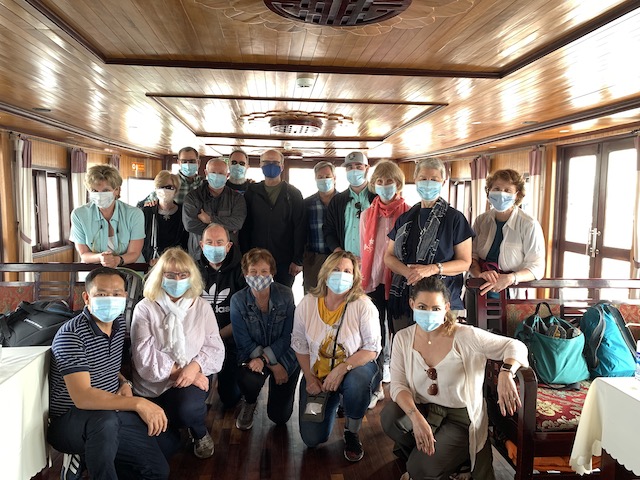
It took a while for people to adapt new habits, but everyone made a concerted effort, and it became second nature. I also used my NeilMed sinus rinse every night with lukewarm water that I boiled with the hotel room kettle. SPOILER ALERT: I didn’t get sick. None of us did.
SPOILER ALERT: I didn’t get sick. None of us did.
As a precaution, most hotels had their staff don face masks, and generally there were many Vietnamese people in Hanoi and Saigon wearing them. Although to me, it wasn’t much more than I had seen a year ago on my last trip—it had been flu season, and many people had worn designer masks as an air pollution precaution and to look fashionable. In Huè, Hôi An, and smaller towns and villages, most people were more relaxed about the masks, however, there were many public market closures throughout the country.
In Siem Reap, Cambodia, people were seldom seen wearing masks, and other than the 60% drop in tourism, the threat of COVID 19 felt like a non-issue.
So, based on my personal experiences, it made me wonder: why all the fuss? Statistically, the standard flu virus infects and kills more people than Coronavirus by several orders of magnitude. Sure, we don’t want to it become more prevalent, but if people as a whole are more conscious of and smarter about their own hygiene behavior, that can–and will–help prevent future cases.
Does that include not traveling to certain areas? I’m not sure about that yet. Government and medical experts still aren’t sure about a lot of things, and the situation changes daily. But I just experienced one of the most meaningful and impactful trips of my life. Had I given into fear–rather than learning the facts, making a thoughtful risk assessment ,and going through with my journey–I would have missed out on connecting with wonderful people whose history, culture, art, traditions, religions, and daily life can teach us so much about our own humanity and the humanness of others.
I wouldn’t have been any healthier than I am now, but I sure would have been less connected with this amazing world of ours.
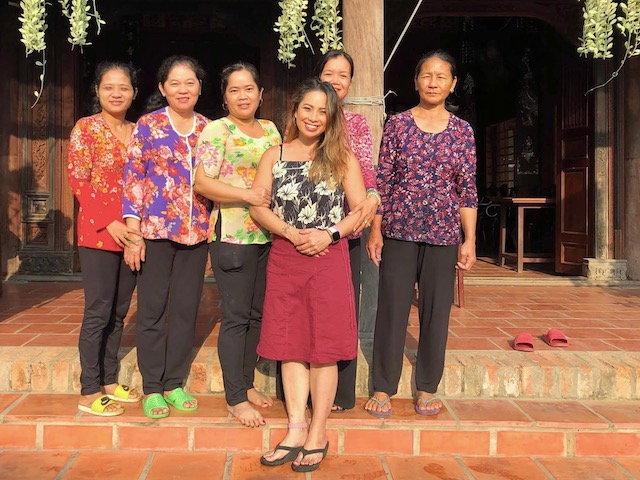
And because there were so fewer people than normal traveling in Vietnam and Cambodia, we reaped the benefits of lack of crowds, no lines, incredible deals, and more personal and appreciative engagement with the locals we encountered.
While we hear all about the stock markets plummeting, consider the impact that such massive drops in tourism have on the average citizen in the affected countries, or worse, on those who are living on fewer than $15 a day—the severe loss of income, the insecurity, lack of stability, and demoralization because someone who would normally boost their economy is too afraid just to be near them.
Your health is important, and ultimately, you as a traveler need to make your own thought-out decisions about your personal wellbeing and your risk of travel inconvenience (cancelled flights and the like). Whether you’re contemplating a trip across the globe or trying to “stay safe” at home, educate yourself about the realities and true risks of your health situation. Make smart choices to be vigilantly more hygienic as you travel and in your own daily routine.
There are 7.7 billion human beings on this planet. We all owe it to one another to put things in perspective, to not overreact, and to make logical, healthy choices.
There are 7.7 billion human beings on this planet. We all owe it to one another to put things in perspective, to not overreact, and to make logical, healthy choices. Rather than encourage fear about isolated cases (even as governments and health organizations are working hard to minimize and contain the problem amid expansion), remember that the vast majority of the entire world population is fine, and most places are safe to visit. Experiences of a lifetime await you all over this beautiful world, and I hope you don’t have to choose to miss out.
My Travels in Vietnam and Cambodia Amid the Coronavirus Scare was originally published on https://thetravelphile.com/ on February 29, 2020. Follow the Travelphile on Facebook, Instagram and Twitter for more info.

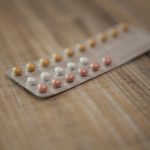

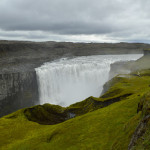

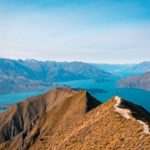
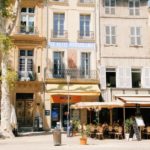
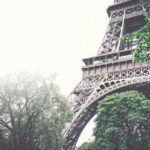
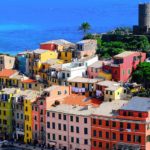
Such a great article I appreciate your perspective. As the British say “Keep Calm and Carry On” words to live by.